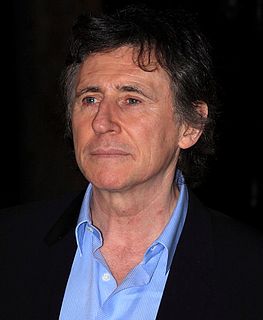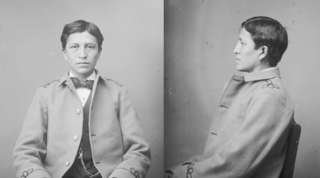A Quote by George Eliot
Speech may be barren; but it is ridiculous to suppose that silence is always brooding on a nestful of eggs.
Quote Topics
Related Quotes
God pity us indeed, for we are human, And do not always see, The vision when it comes, the shining change, Or, if we see it, do not follow it, Because it is too hard, too strange, too new, Too unbelievable, too difficult, Warring too much with common, easy ways, And now I know this, standing in this light, Who have been half alive these many years, Brooding on my own sorrow, my own pain, Saying "I am a barren bough. Expect, Nor fruit nor blossom from a barren bough."
There is a certain silence that can emanate from a lifeless object as from a chair lately used, or from a piano with old dust upon its keys, or from anything that has answered to the need of a man, for pleasure or for work. This kind of silence can speak. Its voice may be melancholy, but it is not always so; for the chair may have been left by a laughing child or the last notes of the piano may have been raucous and gay. Whatever the mood or the circumstance, the essence of its quality may linger in the silence that follows. It is a soundless echo.
Silence is the element in which great things fashion themselves together ... Speech is too often ... the act of quite stifling and suspending thought, so that there is none to conceal ... Speech is of Time, silence is of Eternity ... It is idle to think that, by means of words, any real communication can ever pass from one man to another.
Chances are that any helpful two-year-old will break some eggs. We are often not very good at things when we are new. But there may be an important choice to make at such moments. Do we support and protect the innate wish to be of help to others in our children, or do we protect the eggs? Hard as it seems, the greater mother wisdom may lie in a willingness to clean up broken eggs or replace a mitten and a box of crayons.
Conversation was never begun at once, nor in a hurried manner. No one was quick with a question, no matter how important, and no one was pressed for an answer. A pause giving time for thought was the truly courteous way of beginning and conducting a conversation. Silence was meaningful with the Lakota, and his granting a space of silence to the speech-maker and his own moment of silence before talking was done in the practice of true politeness and regard for the rule that, "thought comes before speech."




































